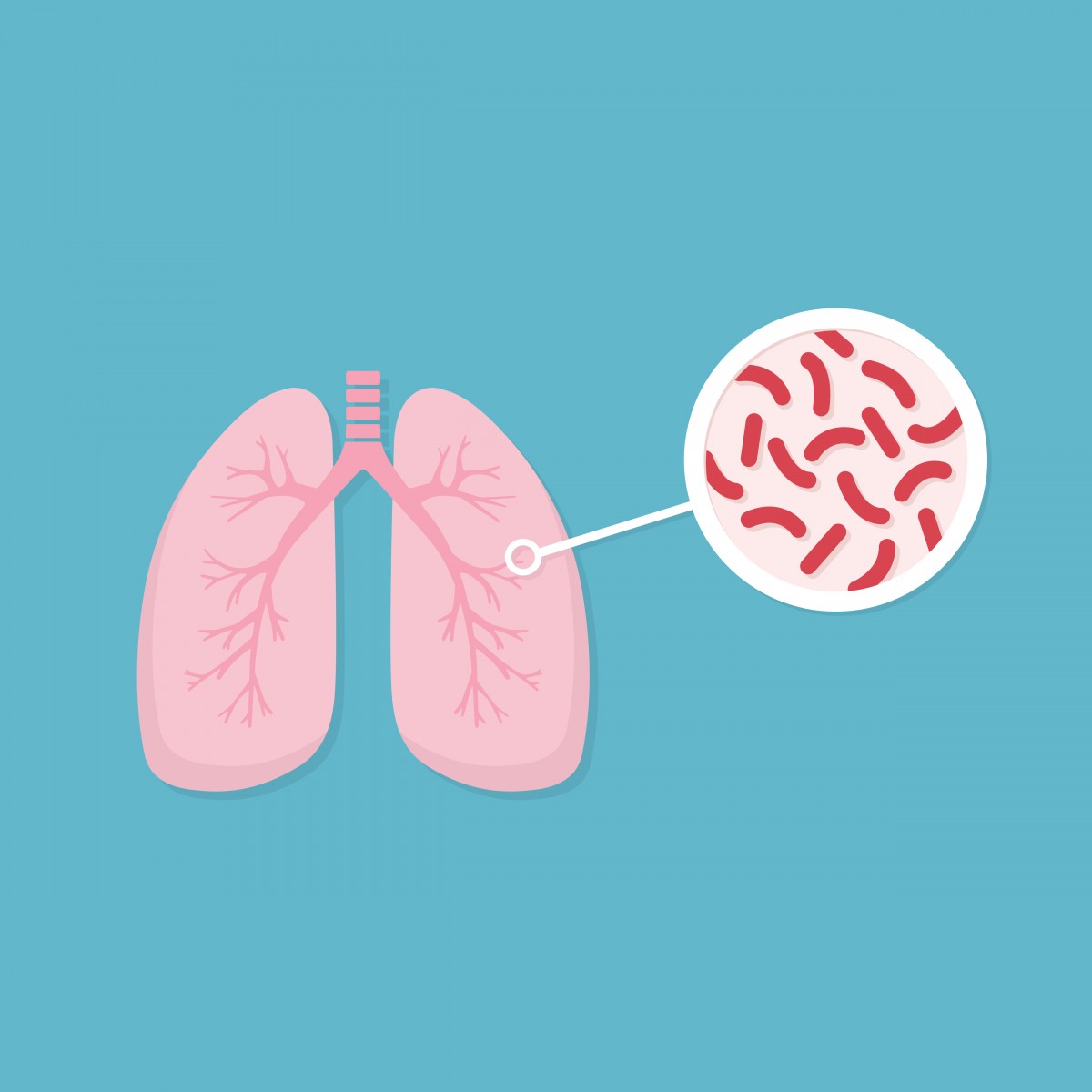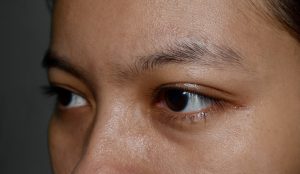Because of the COVID-19 pandemic, a lot of people have overlooked other conditions that still contribute to daily mortality and hospitalisation all over the world. One is Tuberculosis, of which, Asia is burdened by almost half of the cases occurring worldwide. Compared to 2019, preliminary data from the Word Health Organisation reported that there has been a relative reduction in care given for TB patients in 2020. The countries with the biggest relative gaps belonged to those in Asia: Indonesia (42%), Philippines (37%) and India (25%). On a global scale, it may look like a half more million people have died due to TB due to this neglect – and we have yet to hear a peep about this crisis. In this article, we shed light in aims to raise awareness about this disease.
What is Tuberculosis?
The bacteria responsible for causing Tuberculosis is called Mycobacterium tuberculosis. It mostly harms the lungs, but it can also affect the spine and the brain.
How it spreads
Tuberculosis is air-borne. The bacteria lives in respiratory droplets which are very small particles that remain lingering in the air for a period of time, ready for inhalation. However, to get infected, prolonged contact is required. This means your risk is higher, only if you work, cohabit, or hang out regularly with someone with active TB.
Also, healthy individuals with an intact immune system are oftentimes capable of defeating and inactivating the virus. This results in “latent tuberculosis”, which has no symptoms and has no ability to be spread. Reactivation rates are around 5-10% for healthy individuals.
Risk factors
However, the risk for an active TB infection or reactivation may increase with age, which corresponds to a weakened immune system. Other risk factors are:
- Smoking and alcohol intake
- Presence of comorbidities such as HIV infection, diabetes, malnutrition, vitamin D deficiency, cancer, renal disease, celiac disease, gastric surgery, COPD etc.
- History of prior TB infection
- Known or possible TB exposure
- Recent travel to a country or area where TB is widespread
Other contributors are poverty and drug resistance. TB occurs more likely in developing countries where access to clean water, proper sanitation, quality health care and living conditions, and better nutrition are still pressing issues.
Symptoms of Tuberculosis
Latent tuberculosis does not present with any symptoms.
Active tuberculosis can manifest as:
- Cough lasting for 3 weeks
- Coughing of blood or having blood-stained mucus or phlegm
- Fevers
- Night sweats
- Weight loss, with loss of appetite
If the person has these symptoms, a blood and/or sputum test will be taken. Additionally, a plain chest XRAY or chest computed tomography (CT) will differentiate the type of TB you have.
Treatment options
Tuberculosis is treatable if an effective and uninterrupted approach is used. The goal is to cure the individual, stop infection, and minimise risk for drug resistance. Staying compliant to medications and not missing a doctors’ appointment is of utmost importance.
Prevention of Tuberculosis
In countries at higher risk of TB, such as Asia, the Bacillus Calmette-Guérin (BCG) vaccine is given to children to prevent tuberculosis. However, as an adult, it is possible to lose the effect of the vaccine making them at risk again for the disease.
Different organisations worldwide are still fighting for the total eradication of tuberculosis. The goal is to eliminate it by 2035 and this is only possible if community transmission is minimised. Currently, there are TB vaccines being developed either as a booster of the BCG vaccine or a stand-alone vaccine that can replace the BCG. Meanwhile, the following measures can help reduce its spread:
- Frequent washing of hands
- Covering your mouth when coughing
- Wearing a mask if you feel unwell
- Maintaining good personal hygiene
- Encouraging well-ventilated environments
- Good health practices (exercise, proper nutrition, and adequate sleep)
- Early visits to the doctor
Written in conjunction with World Tuberculosis Day 2021 held every 24th of March










